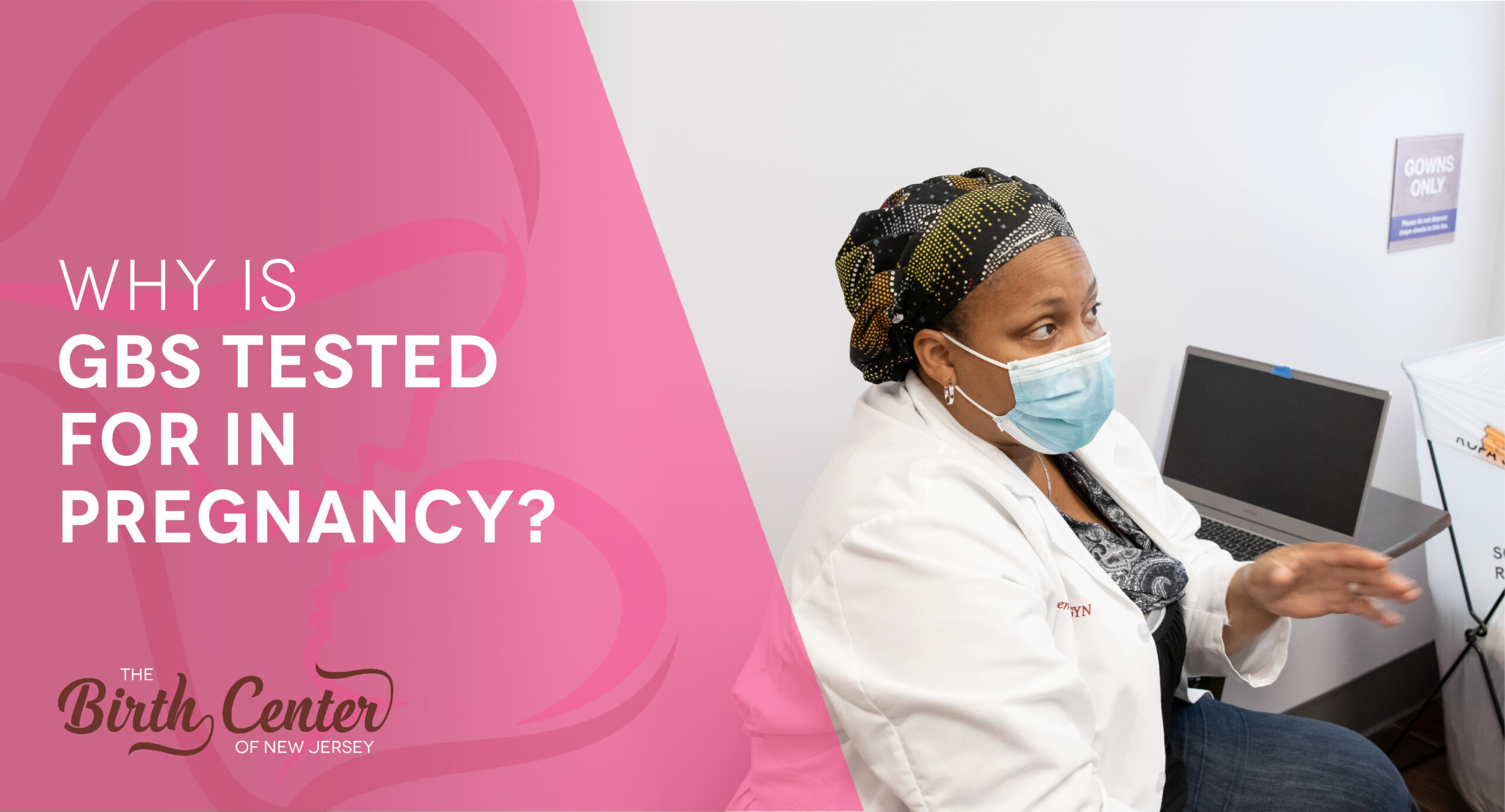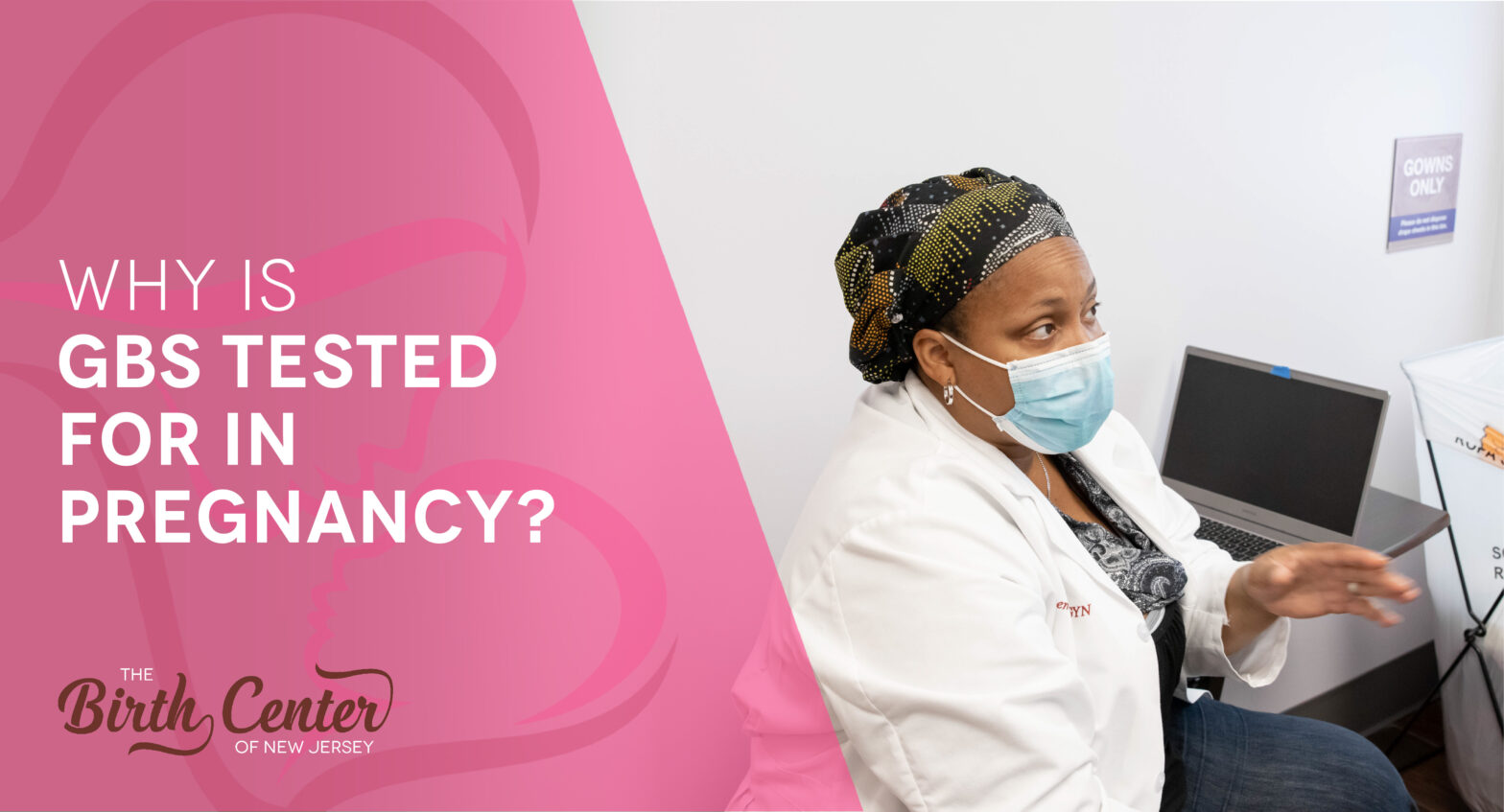
Why is GBS Tested for in Pregnancy?
Group Beta Strep (GBS), is a typically harmless bacterial colonization, which is often present in the vagina or rectal region without causing any symptoms or infection.
Why is it important to test for GBS in pregnancy?
If GBS is present in the vagina, it can be transferred to the baby during delivery as it descends through the vaginal canal. Since babies lack immunity, acquiring GBS can cause serious infections in them. Symptoms of GBS infection in newborns include:
- Fever
- Inability to feed
- Increased irritability
- Inconsolable crying
- Lethargy
In rare cases, GBS can cause serious illness including pneumonia, meningitis, and sepsis.
Testing for GBS before childbirth helps us prepare and prevent the transfer of bacteria from the mother to the baby. Mothers are provided the option to have IV antibiotics administered during labor, this helps control the colonization and subsequently prevents infection in the newborn.
What causes you to test positive for GBS?
GBS is usually already present in adults as part of the normal colonization. You don’t get it from another person or by eating/drinking infected items; it’s already a part of your gut flora.
We will typically test for GBS around 36-37 weeks by taking a swab from your vagina and rectal region and sending it for culture.
What happens if you are GBS positive in pregnancy?
If a patient tests positive for GBS, we administer IV antibiotics during labor, usually penicillin or ampicillin.
There are typically no long-term effects for infants exposed to GBS unless they develop a serious infection. We closely monitor newborns after birth to ensure the baby isn’t experiencing any symptoms of GBS infection. In case of symptoms, we refer the baby for appropriate treatment accordingly.

